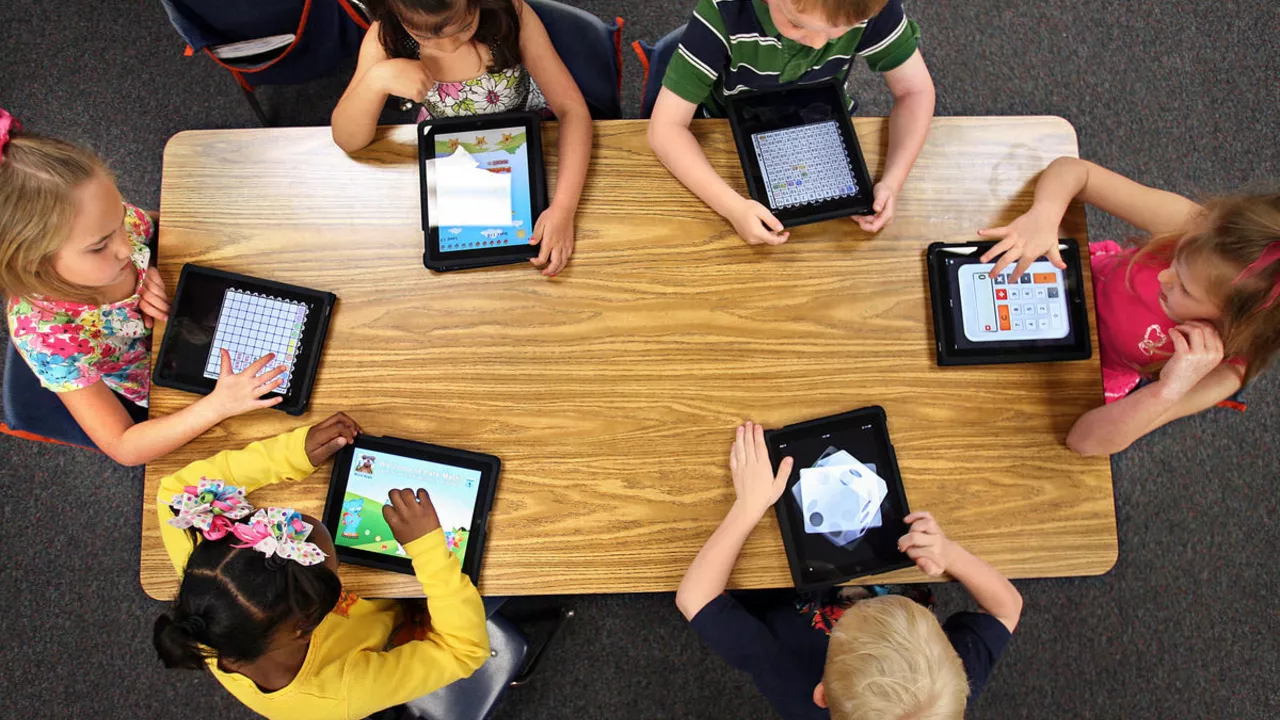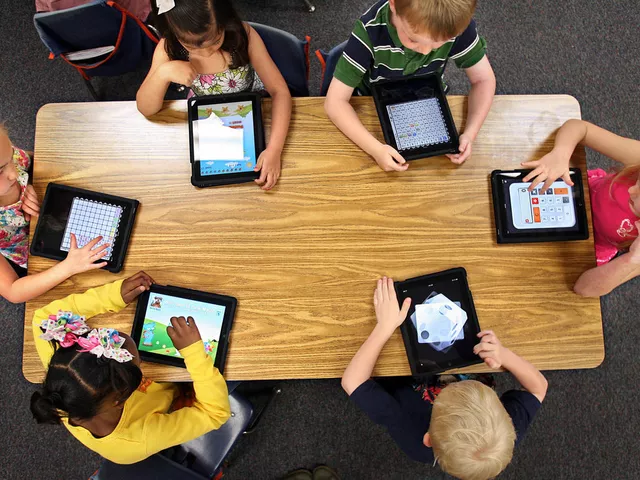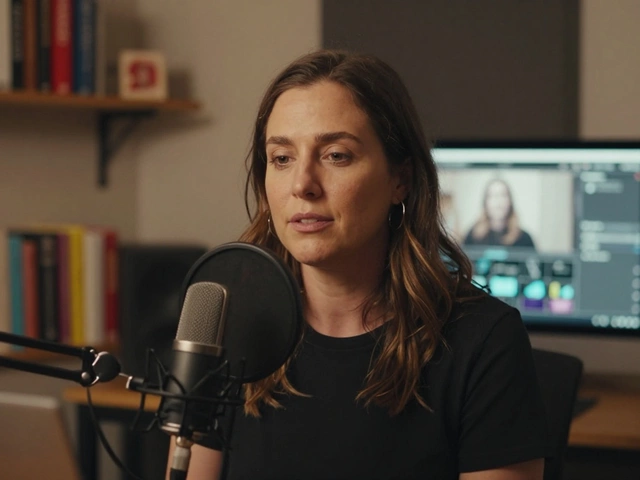28
Why do teachers block games?

Understanding the Game of Education
My oh my, where do I begin? Picture this: you are in school, sitting through a long, monotonous lecture, your mind wanders, and you think, "Maybe I'll play a little game to beat the boredom." Now I know, as a tech enthusiast and your fellow gamer, this thought can come pretty often. However, life isn't a bed of roses, and neither is your leisurely gaming. Suddenly, you find out that your dear teacher has blocked the games. Ah, the humanity!
But let's put on our detective hats and try to uncover the mystery behind these actions. Why do teachers block games? As a mediocre gamer and a man who's been through the Education Rodeo (if this counts as a story), I can tell you it's not because they enjoy crushing your dreams of becoming the next big eSports star. No, the reasons are often deeper—rooted in pedagogy, neurology, and also maybe a tiny bit in despising the noise videogame soundtracks bring into the classroom.
The Pedagogical Perspective: More than a Power Play
From a pedagogical viewpoint, action and consequence are significant. Teachers' primary objective in the educational ecosystem is to facilitate learning. Now, I hear you. "Kellan, isn't gaming equally important for our cognitive skills, decision-making, and response time?" Absolutely. In fact, research has shown video games can improve your multi-tasking ability. But let's don our teacher hats for a minute here. You're in charge of instilling knowledge in 30 young minds. You need discipline, classroom management, and yes, a bit of focus. So, if Max from row four shouts out an ecstatic "YES!" mid-session just because he conquered the Zombie Apocalypse, it will disrupt the class, right?
Blocking games during study time isn't about robbing you of your fun; it's about ensuring a conducive environment for everyone to grasp the educational content. I bet even our dear ol’ Max would appreciate Geometry when he needs to calculate trajectory angles during his next Zombie shootout.
Neurological Nitty-Gritty: Brains, Rewards, and Gaming
Did you ever wonder why gaming is so addictive? Why the end-of-level chime, or the victorious music seems so pleasing? Our brain works in mysterious ways, my friends. The feeling of achievement (or defeat) triggers our reward or punishment centers— dopamine floods our system and makes us willing to skip sleep, food, and yes, even that annoying Math assignment.
The same dopamine is also linked to learning and memory, vital components in the academic sphere. When teachers block games, they do it out of a conscious effort to redirect your focus. They aim to activate your dopamine reward system through learning rather than gaming. They're not being party-poopers, rather trying to ensure you are not undermining your academic performance or health due to an excessive gaming-induced dopamine overdose. Balancing gaming with academic activities can allow positive reinforcement without negative impacts—now isn't that a win-win?
The Influence of Distraction: Hitchhiker's Guide to Classroom Focus
Distraction, my dear reader, is a wily old fox. Sneaky, silent, and before you know it, you are deep into the corners of the internet, exploring the Elven realms or scoring the winning goal in a virtual Football match, while your Physics class is dealing with real-world trajectory calculations. Teachers aim to curtail this sneaky fox called distraction by blocking games during school hours.
Why should you care about Newton's Third Law, when you can just demonstrate it by virtually kicking an alien off its spaceship? Well, sometimes, understanding before application makes all the difference. When you fully grasp why recoiling guns don't knock us back like in the movies due to muscular adjustments, you appreciate the blend of Physics and Physiology. And that's why teachers block gaming during essential learning time to keep the fox of distraction at bay.
Tackling Tech-Savvy Students: The Modern Classroom Conundrum
With generation Z in the classroom, teachers need more than an apple on the desk to get through the day. Banning games will not mean the death of culture as we know it; it's rather meant to strike a balance and create a boundary, like we do with every other resource—be it textbooks or chewing gum.
It’s fair to accept that we are living in a tech-savvy society where we need to adapt or get alienated. The rampant rise of EdTech tools and e-learning platforms is just the tip of the iceberg. But why are teachers still blocking games? The answer's simple. Every tool has a purpose. Schools want to limit gaming to ensure that EdTech tools are used for their intended purpose— learning. They strive to deter any possible distractions that might hinder academic progress. It's not as if they have anti-fun radar installed; they simply aim to maintain an effective education ecosystem.
Nurturing the Cyber Samaritans: Online Safety and Digital Citizenship
We all love the convenience of technology. But with great convenience comes great responsibility. Teachers don't want you to get tangled in the web of cyber threats and internet trolls while trying to defeat the Level 10 Wizard. They block games to safeguard while promoting healthy practices of digital citizenship.
Online games come with their share of potential risks, from shifty malware to unsafe network connections. It’s crucial to see this from a guardian's view. After all, the teachers' responsibility extends beyond academics. By blocking games during school time, teachers are aiming to cultivate a healthy and safe cyber-landscape for emerging digital citizens like you and me.
Reimagining the Gaming Realm: Gamified Education Awaits
Despite all the reasons for blocking, teachers aren't oblivious to the potential benefits of video games in the educational context. Tech-savvy educators are working towards incorporating gamified learning, blending the engagement of video games with core educational concepts. The wave of digital learning isn't crashing on the traditional education beach; it's more of a symbiotic exchange, catering to various learning styles.
Whether it's Minecraft for collaborative building and design, or apps like DuoLingo using game-style drills to teach languages, the future of education presents a bright intersection between gaming and learning. So next time when you're tangled in anger over blocked games, remember, it's to keep the powerful tool of gaming in check and to be used as and when it best compliments your learning journey. So, bring on the game, er... I mean education!




